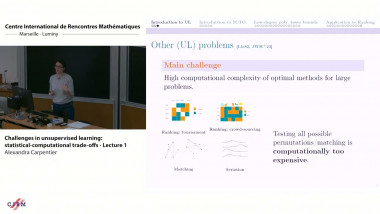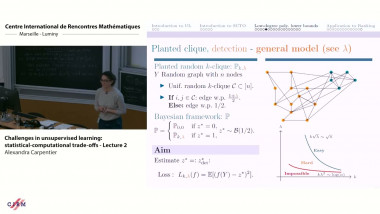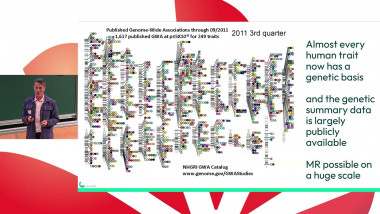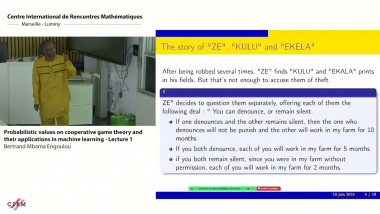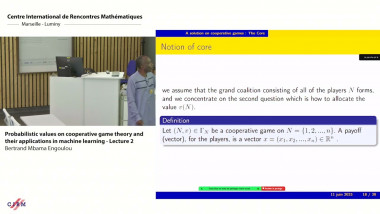Appears in collection : Mathematical Methods of Modern Statistics 2 / Méthodes mathématiques en statistiques modernes 2
Many modern applications seek to understand the relationship between an outcome variable of interest and a high-dimensional set of covariates. Often the first question asked is which covariates are important in this relationship, but the immediate next question, which in fact subsumes the first, is \emph{how} important each covariate is in this relationship. In parametric regression this question is answered through confidence intervals on the parameters. But without making substantial assumptions about the relationship between the outcome and the covariates, it is unclear even how to \emph{measure} variable importance, and for most sensible choices even less clear how to provide inference for it under reasonable conditions. In this paper we propose \emph{floodgate}, a novel method to provide asymptotic inference for a scalar measure of variable importance which we argue has universal appeal, while assuming nothing but moment bounds about the relationship between the outcome and the covariates. We take a model-X approach and thus assume the covariate distribution is known, but extend floodgate to the setting that only a \emph{model} for the covariate distribution is known and also quantify its robustness to violations of the modeling assumptions. We demonstrate floodgate's performance through extensive simulations and apply it to data from the UK Biobank to quantify the effects of genetic mutations on traits of interest.
